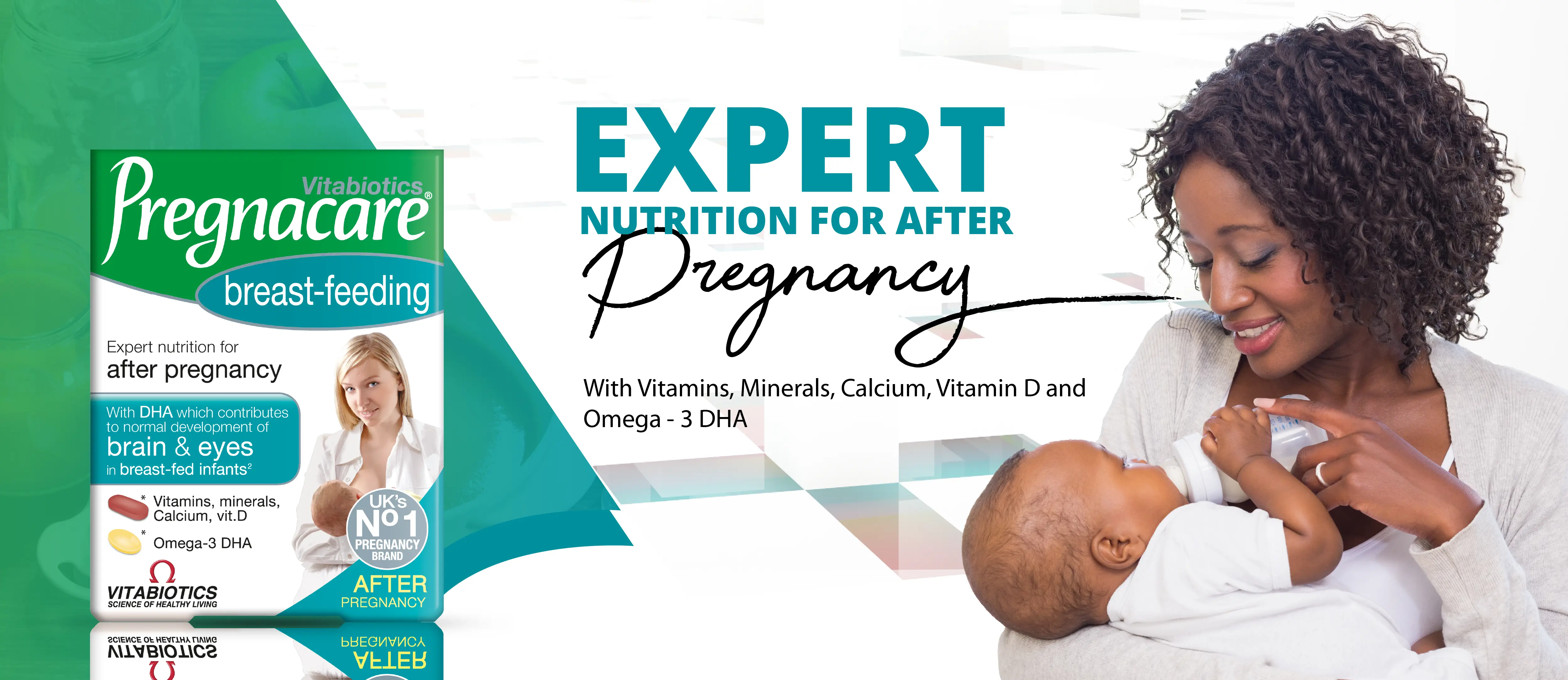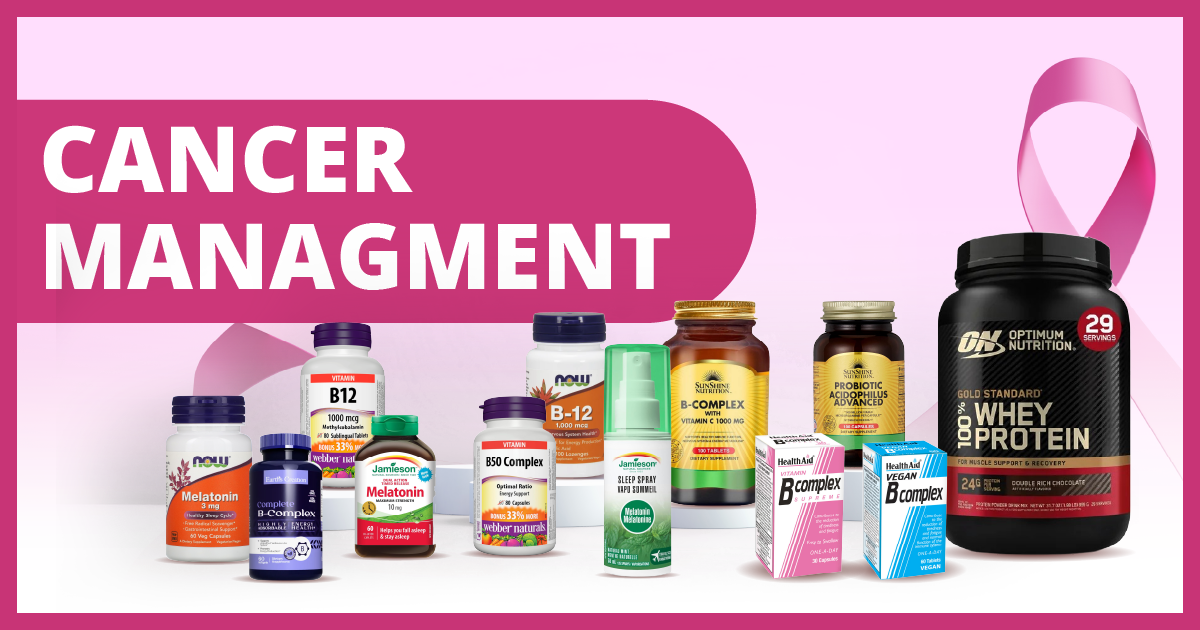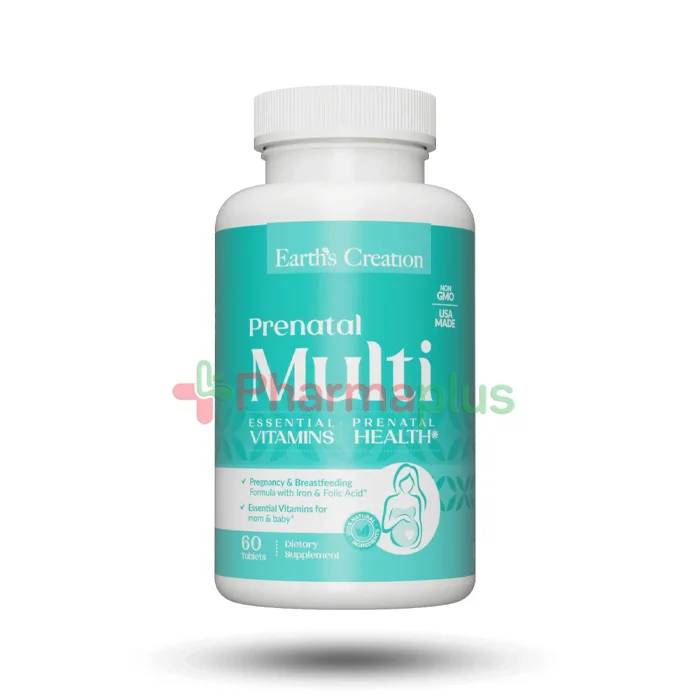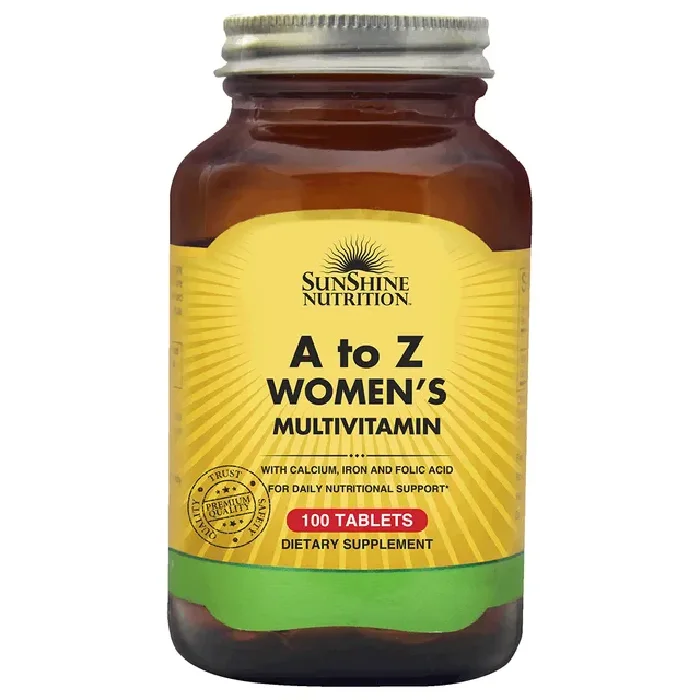
Nourishing Breast Milk
Samuel Clinton
Ecom_admin
Nourishing Through Breastfeeding: Unlocking Milk Quality with Smart Nutrition
Breastfeeding isn’t just feeding; it’s nurturing. Your body produces a remarkable fluid- breast milk - that adapts over time to nourish and protect your baby with nutrients, antibodies, enzymes, growth factors, and even beneficial bacteria. However, postpartum, your nutritional needs increase significantly, and this is where smart support - such as Breastfeeding supplements - can make a real difference.
What Makes Breast Milk So Special?
· Nutritious balance: Human milk contains fats, proteins, lactose, vitamins, minerals, and unique sugars (HMOs) that support digestion and help shape your baby’s microbiome.
· Immune protectors: It’s rich in IgA antibodies, lactoferrin, lysozyme, cytokines, and
other bioactive molecules that help defend your newborn’s developing immune system.
Maternal Intake Matters - But Only for Certain Nutrients
Scientific reviews show that maternal diet and supplementation can influence breast milk composition - especially for specific vitamins (A, B1, B2, C, D) and fatty acids like DHA. For example:
Water-soluble vitamins (e.g., vitamin C, B-complex) closely reflect recent intake. Fat- soluble vitamins (A, D) and DHA mirror both dietary intake and maternal stores.
Minerals such as calcium or iron often remain more tightly regulated in milk (mothers may lose stores to protect milk levels), so supplements are often given primarily for maternal health rather than boost milk concentration.
Breastfeeding Supplements: What's Inside and Why It Matters
One of the market leaders in Breastfeeding supplements, developed by experts, combines: Tablets containing over 20 nutrients - including vitamin D, calcium, B-complex vitamins, vitamin C, vitamin K, iron, magnesium, selenium, iodine, and more.
A daily omega-3 capsule delivering DHA.
These nutrients are chosen because boosting maternal vitamin D and DHA reliably raises those nutrients in breast milk and supports infant bone, brain, and eye development; calcium and vitamin D also protect maternal bone health.
How Breastfeeding Supplements Improve Milk Quality
Supports vitamin-rich milk: Supplements of vitamins A, B1, B2, C, and D have been shown to increase their levels in breast milk - especially in early milk (colostrum
Enhances DHA content: Supplementing with DHA boosts its levels in breast milk,
benefiting your baby’s brain and visual development.
Maintains maternal reserves: Calcium and vitamin D help support your bone health, especially when postpartum stores are low.
What Supplements Can’t Do
They’re not miracle milk boosters. Breast milk production is primarily driven by supply and
demand: the more milk that’s removed, the more your body produces.
Quality counts: Always select well-tested products and consult healthcare professionals because supplement regulation is less strict than for medicines.
In Summary
Taking Breastfeeding supplements doesn’t necessarily increase how much milk you produce - but it helps ensure that your milk is higher quality, richer in essential vitamins and DHA, and that your nutrient stores are replenished. This supports your baby’s growth and immunity - and your long-term health.
As always, combine supplements with nutritious meals, proper hydration, and effective breastfeeding techniques, and seek guidance from your healthcare provider or lactation consultant for personalized advice.
Article done by Dr.
Neema Lema Consultant Paediatrician
ZOE Children’s Clinic and Autism Centre
+254791776207
Share This Article
About the Author
Samuel Clinton
Ecom_admin
Healthcare professional dedicated to improving patient outcomes through education and research.
Comments (0)
No comments yet. Be the first to comment!







